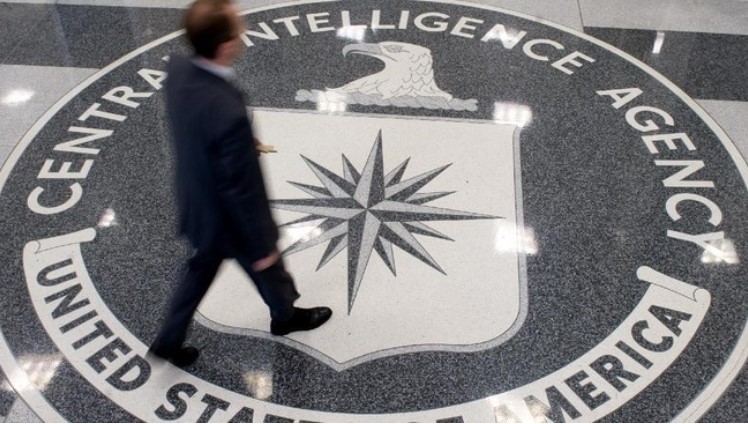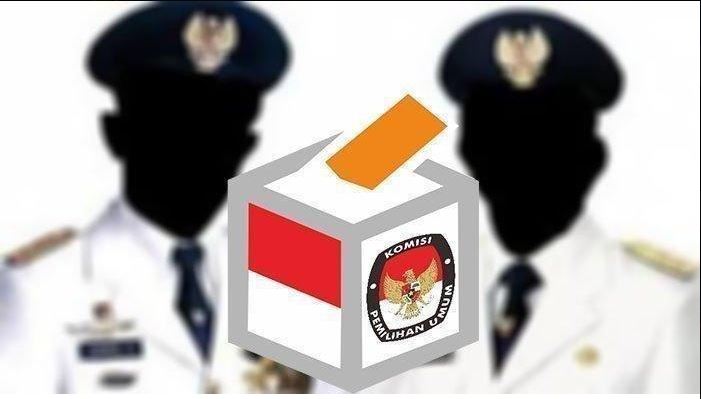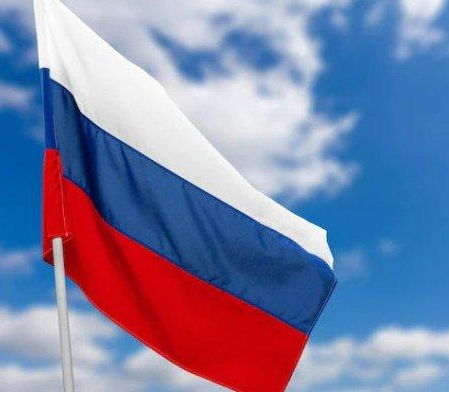
STRATEGIC ASSESSMENT. Two separate attacks in the Sahel, one in Burkina Faso and another in Mali, demonstrate the extent to which the region is being destabilized by a combination of violent non-state actors and abusive security forces. Poor governance, porous borders, and an uptick in extrajudicial attacks against civilians are pushing countries in the Sahel into dangerous territory — state failure. As much as 40% of Burkina Faso is believed to be controlled by non-state armed groups, including the al-Qaeda affiliate Jama’at Nusrat al-Islam wal-Muslimin (JNIM) and Islamic State Greater Sahara (ISGS), both of which maintain a growing presence throughout the broader Sahel region. In Mali, JNIM regularly conducts attacks against security forces and civilians. In Chad, recently leaked U.S. intelligence documents revealed that Russia’s Wagner Group, a private military contractor (PMC) active throughout Africa, is plotting to topple the government in N’Djamena. Recent reporting suggests that Wagner is seeking to establish a training camp for Chadian rebels in Avakaba, Central African Republic (CAR), located across from the Chadian border.
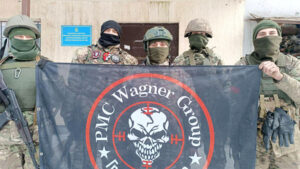
In Burkina Faso, the UN High Commissioner for Human Rights estimated that at least 150 civilians were killed, and more injured, in a massacre allegedly perpetrated by the Burkinabe security forces in the village of Karma in northern Yatenga province near the border with Mali. A local prosecutor investigating the case put the number of dead at around 60 civilians. The Burkinabe military was also accused of ransacking homes and property in the midst of the attack. According to survivors that spoke with Agence France-Presse (AFP), more than one hundred uniformed soldiers arrived on motorcycles and in trucks, unleashing a wave of violence on civilians in Karma after accusing villagers of allowing a jihadist group to pass through their town. The military believes that large swaths of the population support jihadist groups operating in the area and soldiers have accused local civilians of providing them with both direct and indirect support. Forty Burkinabe security forces were recently killed near the town of Ouahigouya in the country’s north, the same area where members of the military were accused of executing children.
Across the border in Mali, JNIM militants launched a complex attack against an area around the Sevare airport in the central Mopti region, leading to the death of ten civilians and injuring several dozen others. Using vehicle-borne improvised explosive devices, the attack targeted a Malian Armed Forces (FAMa) camp, which is believed to host forces from the Wagner Group, and is located next to a base belonging to the United Nations Multidimensional Integrated Stabilization Mission in Mali (MINUSMA). Reporting from AFP suggests that Senegalese soldiers from the MINUSMA peacekeeping mission were also involved in repelling the jihadists. Throughout Africa, Wagner has gained access to valuable contracts that allow it to provide military support in exchange for gold, uranium, and other precious resources. The Russian defense industry also sees Africa as an attractive market for arms deals, while Wagner seeks the spoils of mining and forestry contracts.
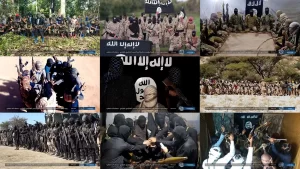
With large sections of sub-Saharan Africa vulnerable to violence from terrorist groups and other violent non-state actors, the Wagner Group has moved in to fill the power vacuum left behind by a diminished U.S., French, and Western presence. Recently leaked U.S. intelligence documents described Wagner as seeking to form a “confederation” of pro-Russian, anti-Western African states that stretch across the continent. Wagner mercenaries are engaged in Libya, CAR, Mali, Burkina Faso, and Sudan, providing varying degrees of assistance, including military assistance, logistical support, and information operations. As the violence in Sudan continues to rage, Wagner has offered surface-to-air missiles to the Rapid Support Forces, in addition to the vehicles and ammunition the PMC has already provided. Wagner’s leader Yevgeny Prigozhin continues to attempt to operate surreptitiously, offering denials and deliberately obfuscating Wagner’s role in myriad African countries despite mounting evidence.
Wagner forces also have connections to the Democratic Republic of Congo (DRC) and are reportedly in discussions to expand their footprint in Zimbabwe and Eritrea. Wagner has used Algeria and Cameroon as logistics and facilitation hubs, and has previously operated in Madagascar, Mozambique, South Sudan, and Equatorial Guinea. The leaked documents also stated that Wagner is planning to counter Western influence in Guinea. At the same time, Moscow also maintains particularly close relations with South Africa and seeks to make further inroads in Kenya. Throughout the continent, the U.S. and its allies have seemingly been caught off guard by Wagner’s spreading influence and ability to ingratiate itself with African leaders. This has unfortunately also coincided with a shift in counterterrorism engagement in the region towards a more “partner-led and U.S. enabled approach” that can prove challenging when the partners required seek to work with other parties, including those who are downright adversarial to U.S. strategic goals. Without a clearly defined and well-resourced strategy to counter Wagner, Washington risks ceding valuable terrain in the competition among great powers, an oversight that could be extremely costly to the U.S. in both the short and long term (TSC).



